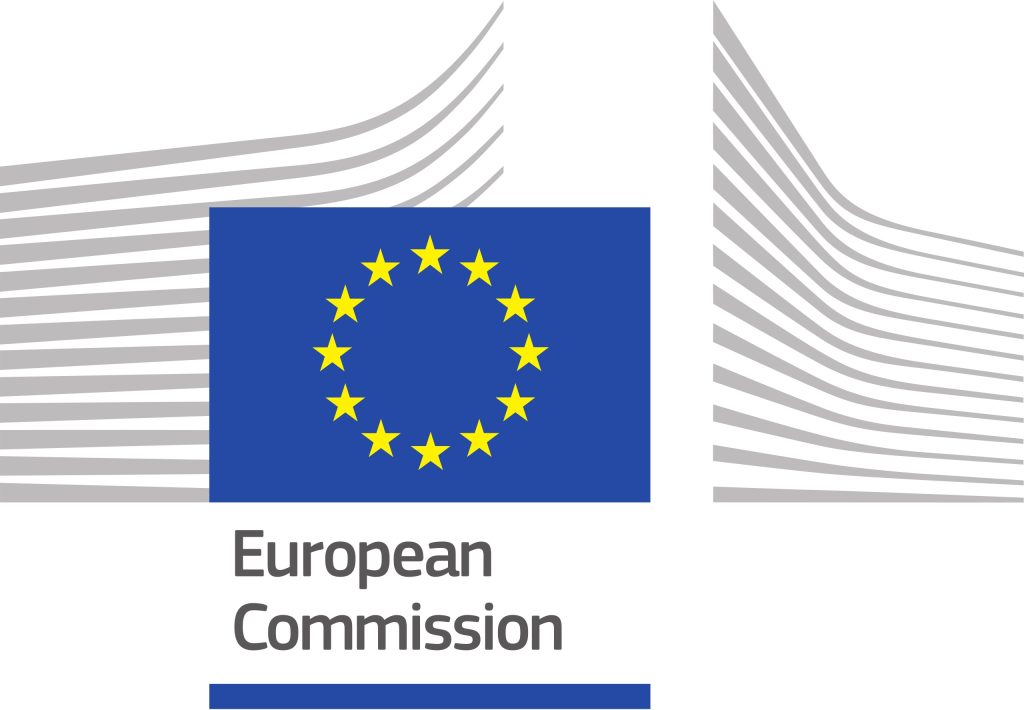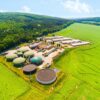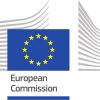
Demonstration of hydrogen purification and separation systems for renewable hydrogen-containing streams in industrial applications
Expected Outcome:
Lowering the cost of purification is crucial for making hydrogen a competitive option in various industries. Efficient technologies are already available to purify hydrogen from different hydrogen containing mixtures. For example, FCH2JU projects (HyGrid, HIGGS) are currently assessing performance of such technologies at laboratory or small scale. However, they have not proven yet their potential under real industrial conditions, which are adding constraints, such as high flows, complex gas composition, etc.
In addition, other innovative technologies are also emerging and may offer very interesting perspectives for hydrogen purification in the future if their performances are confirmed in operational industrial conditions.
This context shows the importance to go further with the demonstration in real industrial application conditions and optimisation of technologies regarding the efficiency of the overall system to reduce the cost of recovered hydrogen.
Project results are expected to contribute to all of the following expected outcomes:
- Contributing to improving energy efficiency, reliability, and durability of purification systems in different applications;
- Contributing to lower the cost of hydrogen purification;
- Contributing to increase the lifespan of purification units and reduce maintenance requirements, making the technology more attractive for commercial deployment.
Project results are expected to contribute to the following objectives and KPIs:
- The technology should produce hydrogen with a decrease of at least 25% in Energy use and at least 30% CAPEX compared with standard technologies used for similar separations. The total energy consumption should be <3.5 kWh/kg;
- Reach a levelized cost of hydrogen separation/purification < 1euro/kg;
- Reduction (>50%) of the use of critical raw materials compared to SoA technologies.
- Aim at hydrogen recovery, higher than 90% with a purity of higher than 95% (up to ISO mobility requirements).
Scope:
Current commercial purification techniques remain costly. Novel methods to purify hydrogen with higher efficiency and at lower cost would improve the overall hydrogen supply chain. A range of new membrane, electrochemical and thermochemical techniques are being developed and have shown promise to improve processes for purification of hydrogen. The natural progression towards commercialisation of next-level purification technologies is to expose them to real industrial conditions and to observe the hydrogen purity according to globally recognised standards.
Proposals for this topic should therefore cover the following elements:
- investigate the type of streams containing hydrogen that need purification, as example, mixtures with < 20% hydrogen or “almost pure” hydrogen (> 98%). Different pressure levels of the hydrogen containing mixture could be considered. Should demonstrate applicability on 2 types of streams; Hydrogen de-blending from Natural Gas lines is excluded;
- include a review of the existing industrial streams where hydrogen purification is needed, highlighting the gas composition and operational conditions of these outlet flows;
- demonstrate in a representative industrial application (at TRL7) for the operation of 3000 hours, cost effective concepts for hydrogen purification of renewable hydrogen containing streams; concepts should target > 100 kg/day pure hydrogen output. Coupling different technologies towards a more efficient system may be considered;
- offer and demonstrate an operational capacity to regulate the purity of the output flows from a fluctuating concentration in the industrial stream;
- conduct a techno-economic analysis and an optional life-cycle assessment, comparing the different technologies available on the market;
- analyse the impact of production scaling-up for purification systems.
- consider hydrogen safety issues associated to this process with thorough knowledge of the hazards.
- develop accelerated protocols to assess the lifetime of the components/systems.
Proposals are encouraged to explore synergies with projects within the metrology research programme run under the EURAMET research programmes EMPIR and the EMP, European Partnership on Metrology (in particular projects MetroHyVe2, Met4H2 and MefhySto).
For additional elements applicable to all topics please refer to section 2.2.3.2.
Activities are expected to start at TRL 5 and achieve TRL 7 by the end of the project - see General Annex B.
At least one partner in the consortium must be a member of either Hydrogen Europe or Hydrogen Europe Research.
The maximum Clean Hydrogen JU contribution that may be requested is EUR 6.00 million – proposals requesting Clean Hydrogen JU contributions above this amount will not be evaluated.
Purchases of equipment, infrastructure or other assets used for the action must be declared as depreciation costs. However, for the following equipment, infrastructure or other assets purchased specifically for the action (or developed as part of the action tasks): purification prototype/s and related components, costs may exceptionally be declared as full capitalised costs.
The conditions related to this topic are provided in the chapter 2.2.3.2 of the Clean Hydrogen JU 2024 Annual Work Plan and in the General Annexes to the Horizon Europe Work Programme 2023–2024 which apply mutatis mutandis.
Specific Topic Conditions:
Activities are expected to start at TRL 5 and achieve TRL 7 by the end of the project - See General Annex B.
General Information
Lowering the cost of purification is crucial for making hydrogen a competitive option in various industries. Efficient technologies are already available to purify hydrogen from different hydrogen containing mixtures. For example, FCH2JU projects (HyGrid, HIGGS) are currently assessing performance of such technologies at laboratory or small scale. However, they have not proven yet their potential under real industrial conditions, which are adding constraints, such as high flows, complex gas composition, etc.
In addition, other innovative technologies are also emerging and may offer very interesting perspectives for hydrogen purification in the future if their performances are confirmed in operational industrial conditions.
This context shows the importance to go further with the demonstration in real industrial application conditions and optimisation of technologies regarding the efficiency of the overall system to reduce the cost of recovered hydrogen.
Project results are expected to contribute to all of the following expected outcomes:
- Contributing to improving energy efficiency, reliability, and durability of purification systems in different applications;
- Contributing to lower the cost of hydrogen purification;
- Contributing to increase the lifespan of purification units and reduce maintenance requirements, making the technology more attractive for commercial deployment.
Project results are expected to contribute to the following objectives and KPIs:
- The technology should produce hydrogen with a decrease of at least 25% in Energy use and at least 30% CAPEX compared with standard technologies used for similar separations. The total energy consumption should be <3.5 kWh/kg;
- Reach a levelized cost of hydrogen separation/purification < 1euro/kg;
- Reduction (>50%) of the use of critical raw materials compared to SoA technologies.
- Aim at hydrogen recovery, higher than 90% with a purity of higher than 95% (up to ISO mobility requirements).






Demonstration of hydrogen purification and separation systems for renewable hydrogen-containing streams in industrial applications 0 reviews
Login to Write Your ReviewThere are no reviews yet.